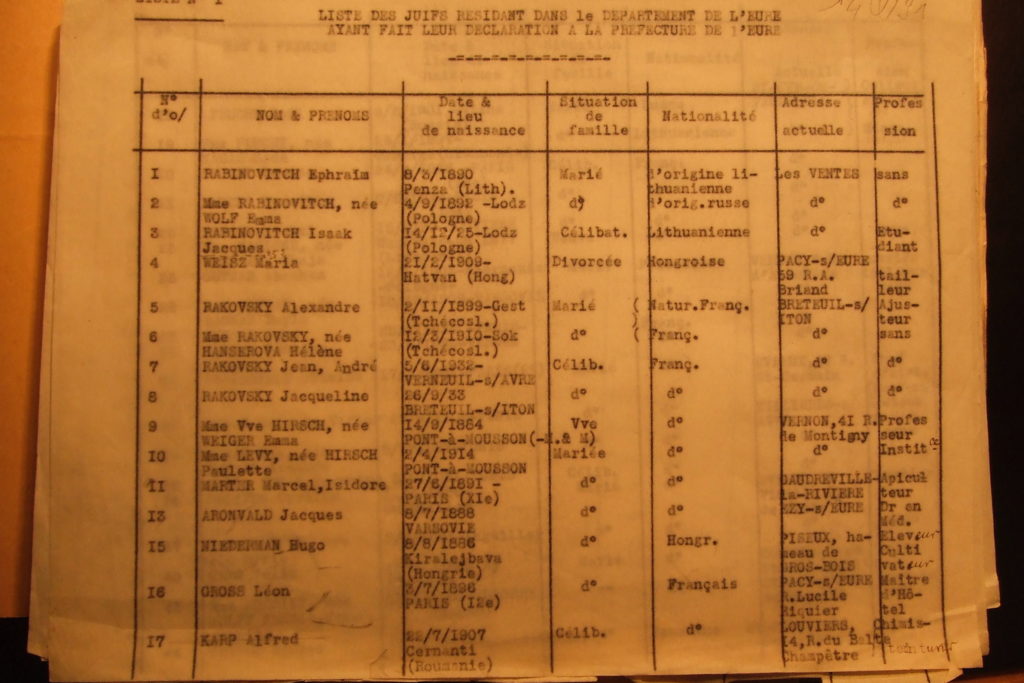Reflections from Rabbi René on this week’s Torah portion – and Yom HaShoah
Parasha Shemini
The sacrificial system in Ancient Israel was very complex. Its earliest codification is found in the Book of Leviticus, and it feels strange to read these portions on Shabbat, because their reality is so far away from ours. And yet, understanding how our Biblical ancestors tried to make sense of their world and to repair broken relationships can be a source of inspiration. They took specific actions to recreate harmonious connections. It was a transactional world: you do something wrong, and you can repair it by giving up something which is dear to you. Think about how you, today, mend what is broken. You know that you have to take a first step towards your fellow, acknowledging and accepting what has just happened. You have to give up your pride, even your ego. Today, we do not offer sacrifices anymore, but we do offer what is dear to us, a space for the other to express themselves. All too often, people tend to shout their views without listening to each other, as if, by doing so, they would lose something. The winner-loser dynamic leads nowhere. There is a liminal space between people, the sacred space of the encounter, that enables us to move forward.
Yom HaShoah
To mark Yom HaShoah I have taken part in a candle lighting, organised by Maccabi GB. This year, I want to remember a family, the Rabinovitchs, who came from Lithuania to France and lived in a small village in Normandy, Les Ventes, where I used to live too. I worked in the local archives, and found the lists of Jews who had to register to the authorities, including their names and their address. They were deported to Auschwitz in 1942, and none of them came back.

You can watch Rabbi René deliver his message here:
